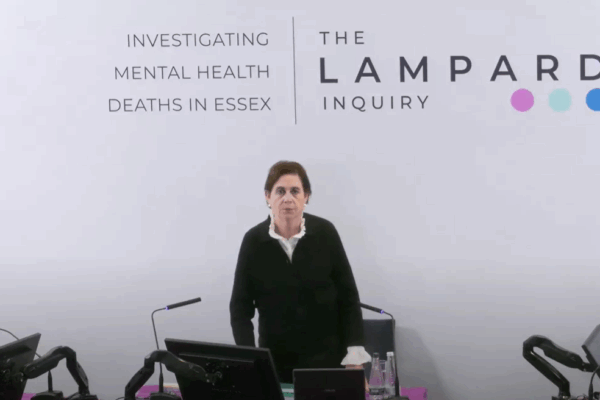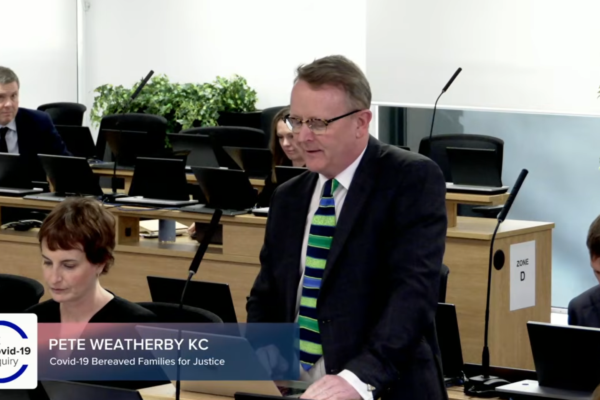Jwanczuk v Secretary of State for Work and Pensions [2023] EWCA Civ 1156 (11 October 2023)
30 October 2023

Bereavement Support Payment (BSP) is a benefit introduced by the Pensions Act 2014 to provide financial support to families after a bereavement. Eligibility is subject to a contribution condition set out in section 30(1)(d) of that Act. On its face, it ordinarily requires the deceased person to have paid a small amount of Class 1 or 2 National Insurance contributions during their working life.
Mr Jwanczuk applied for Bereavement Support Payment after the death of his wife, Suzzi. She had been unable to work throughout her life due to long-term disability, and was therefore unable to pay Class 1 or 2 NI contributions. Mr Jwanczuk was refused BSP. He challenged this decision by judicial review, arguing that refusal of BSP where a deceased spouse had been unable to work due to disability constituted discrimination under Article 14 ECHR, read with Article 8 and Article 1, Protocol 1.
The High Court agreed: application of the contribution condition in those circumstances would violate a survivor’s rights under Article 14 ECHR read with Article 1, Protocol 1.[1] Kerr J considered O’Donnell v Department for Communities [2020] NICA 36 (10 August 2020), in which the Northern Ireland Court of Appeal considered materially identical legislation and, applying section 3 Human Rights Act 1998, read in an exception so that the contribution condition would be met where the deceased was unable to work due to disability. Agreeing with O’Donnell, Kerr J interpreted the contribution condition in section 30(1)(d) as met if the deceased was unable to accrue National Insurance Contributions in their working life due to disability.
The Secretary of State appealed to the Court of Appeal.
The Court of Appeal dismissed the appeal and upheld Kerr J’s decision. The decision in O’Donnell was central to the appeal and it had been carefully considered by Kerr J. In its own judgment the Court followed the approach set out in Abbott v Philbin [1960] 1 Ch 27 (CA). Abbott provided that decisions of courts in one part of the UK, about legislation of general applicability, should as a rule of practice be followed by courts in another part, unless there were “compelling reasons” not to do so (such as where the decision was “clearly wrong”). Applying that to the facts of Jwanczuk, the Court found no compelling reasons to decline to follow O’Donnell, and held that Kerr J had not been wrong to follow it.
The Secretary of State was refused permission to appeal by the Court of Appeal, but is entitled to apply directly to the Supreme Court for permission to appeal.
Subject to appeal, the position seems to be that BSP should be available to claimants whose partners were unable to work throughout their working lives due to disability.
The judgment of the Court of Appeal is available here.
Tom Royston acted for Mr Jwanczuk, instructed by Alice Stevens at Public Law Project, and led by Catherine Callaghan KC.
[1] [2022] EWHC 2298 (Admin), [2023] 1 WLR 711
This article was written by pupil barrister Alexa Thompson.





